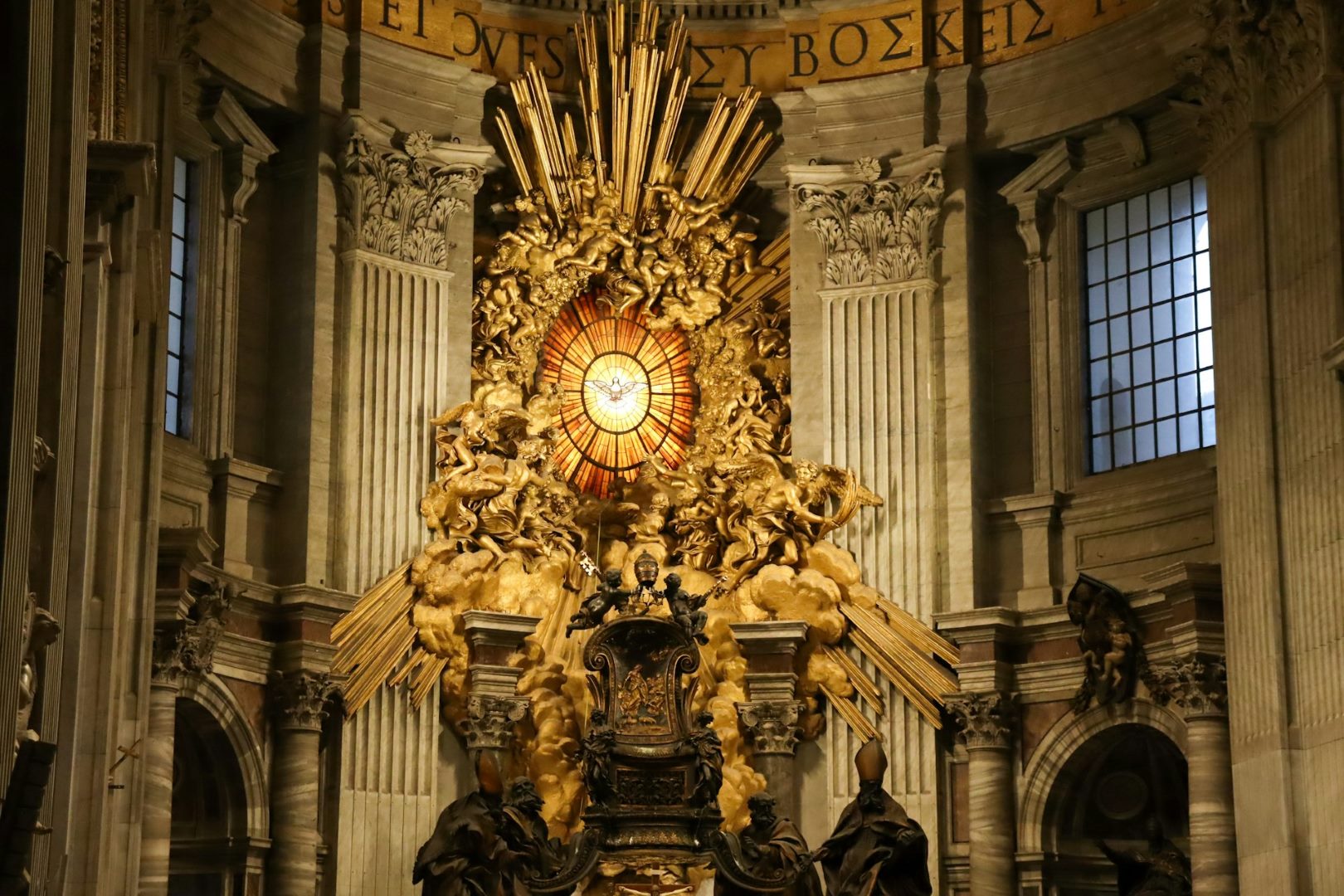Introduction
The Nicene Creed stands as a pivotal declaration of faith within the Catholic Church. Its formulation at the First Council of Nicaea in 325 AD played a crucial role in defining the core beliefs of Christianity, establishing a consensus on the nature of God, Jesus Christ, and the Holy Spirit. This blog post delves into the significance, history, and key tenets of the Nicene Creed, providing an in-depth understanding of its profound impact on Catholic theology.
Historical Context
The Council of Nicaea was convened by Emperor Constantine I to address the growing controversy surrounding the teachings of Arius, a priest from Alexandria. Arius denied the divinity of Jesus Christ, claiming that Christ was a created being inferior to God the Father. This heresy threatened to divide the Christian community and undermine the faith’s fundamental principles.
The council fathers gathered at Nicaea meticulously examined the Scriptures and debated the nature of Christ. Through vigorous deliberation, they formulated the Nicene Creed as a concise statement of the Christian faith, affirming the deity of Christ and safeguarding the unity of the Church.
Key Beliefs
The Nicene Creed articulates several core beliefs that form the foundation of Catholic faith:
- One God in Trinity
The Creed asserts the existence of one God in three divine persons: the Father, the Son (Jesus Christ), and the Holy Spirit. Each person is distinct, yet they are co-equal and co-eternal, existing as one God in perfect unity.
The Creed proclaims Jesus Christ as the Son of God, who is “begotten, not made.” This affirms that Jesus is fully divine, sharing the same substance and nature as the Father. At the same time, the Creed acknowledges that Jesus became human, “incarnate by the Holy Spirit of the Virgin Mary.” As both God and man, Jesus serves as the perfect mediator between God and humanity.
The Creed recognizes the Holy Spirit as the Lord and Giver of life, who proceeds from the Father and the Son. The Spirit is actively involved in the creation and sanctification of the world, guiding and empowering believers in their journey of faith.
The Creed includes an affirmation of the Church as one, holy, catholic, and apostolic. The Church is seen as the visible representation of Christ on earth, guided by the Holy Spirit and entrusted with the mission of spreading the gospel.
The Creed acknowledges the importance of baptism, which initiates believers into the Christian community and grants them forgiveness of sins. It also affirms the belief in the resurrection of the body and the promise of eternal life for the faithful.
Significance and Use
The Nicene Creed plays a vital role within the Catholic Church:
- Liturgical Foundation: The Creed is recited during Mass, the central act of Catholic worship. Its recitation reaffirms the shared faith of the gathered community and strengthens their collective understanding of the core beliefs.
- Catechetical Tool: The Creed serves as a fundamental teaching tool, used for instructing new Catholics and deepening the faith of existing members. Its concise language and clear articulation of beliefs make it an accessible summary of Catholic theology.
- Ecumenical Dialogue: The Nicene Creed is an essential reference point for ecumenical dialogue with other Christian denominations. It provides a common ground for understanding and fosters unity amidst diversity.
Conclusion
The Nicene Creed stands as a timeless declaration of faith that has shaped and defined Catholic Christianity for centuries. Its formulation at the Council of Nicaea firmly established the belief in the Trinity, the divinity of Jesus Christ, and the essential nature of the Church. Through its liturgical use, catechetical instruction, and ecumenical significance, the Nicene Creed continues to serve as a cornerstone of Catholic belief, uniting the faithful in their adoration of the one true God.



